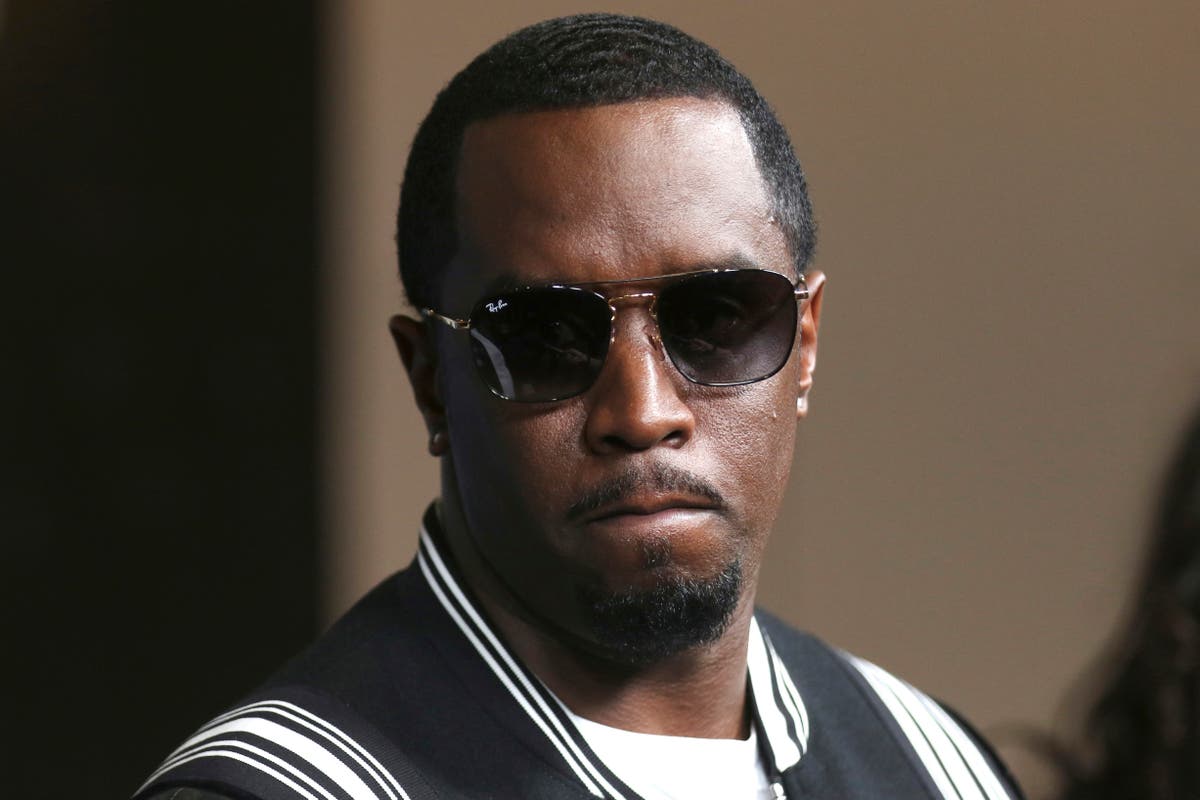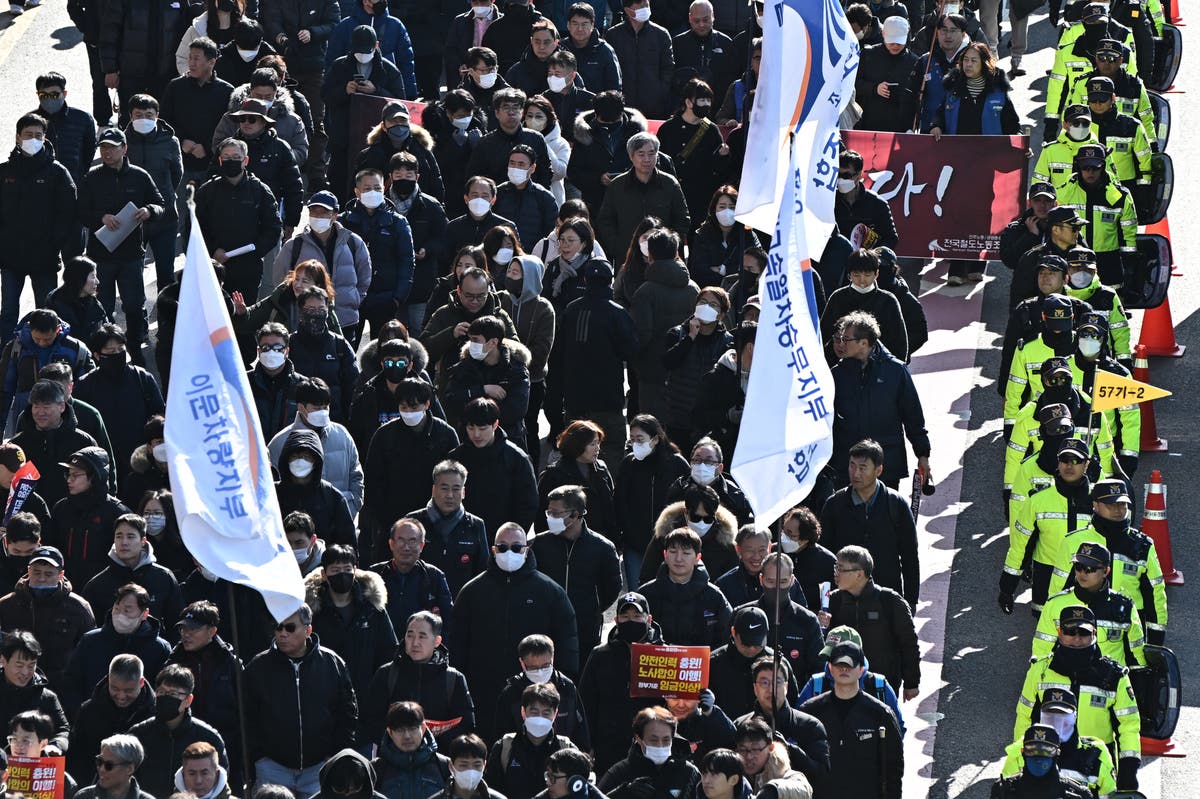South Korean soldiers deployed at the National Assembly after president Yoon Suk Yeol declared martial law on Tuesday night did not carry live ammunition, the country’s vice defence minister has claimed.
Speaking at a defence ministry briefing, Kim Seon Ho said the troops were ordered to the parliament by defence minister Kim Yong Hyun but they were essentially unarmed.
The vice minister, however, accepted responsibility for failing to prevent the martial law order, which sparked national outrage and a political crisis, the BBC reported.
The defence minister quit earlier on Thursday. He apologised for causing disruption and concern to the public. “All troops who performed duties related to martial law were acting on my instructions, and all responsibility lies with me,” he was quoted in a statement by the defence ministry.
The defence minister’s resignation increased pressure on the president who appeared set to imminently face an impeachment motion.
Mr Yoon’s declaration of martial law, South Korea’s first in over 40 years, was revoked within six hours after opposition lawmakers voted against it early Wednesday morning.
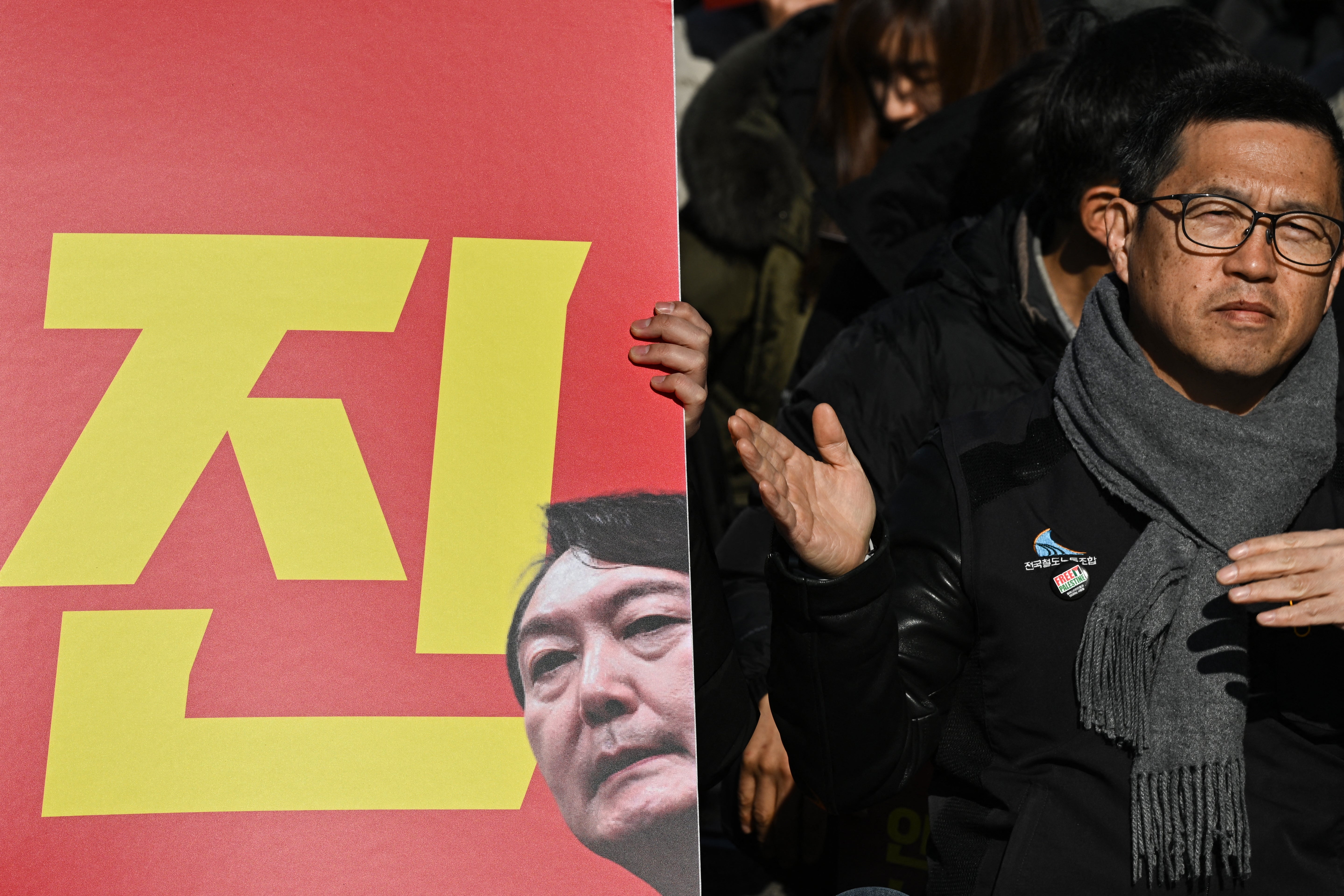
At the parliamentary hearing on Thursday, the vice defence minister said he wasn’t informed about Mr Yoon’s decision to impose martial law. He learned about it from the media.
He did not know who had authored the military proclamation suspending the activities of political parties after martial law was declared, but claimed that it wasn’t from the defense ministry.
The decision to deploy troops to the National Assembly, however, came from the former defence minister. “I had fundamentally opposed the deployment of troops over this martial law and I expressed a negative opinion about it,” he claimed. “I would like to apologise to our citizens once again, and, on a personal level, I feel devastated.”
Mr Yoon moved quickly to name Choi Byung Hyuk, a retired general and ambassador to Saudi Arabia, as the new defence minister.
The president continued to stay out of public view and was yet to address the growing calls for his resignation and impeachment.
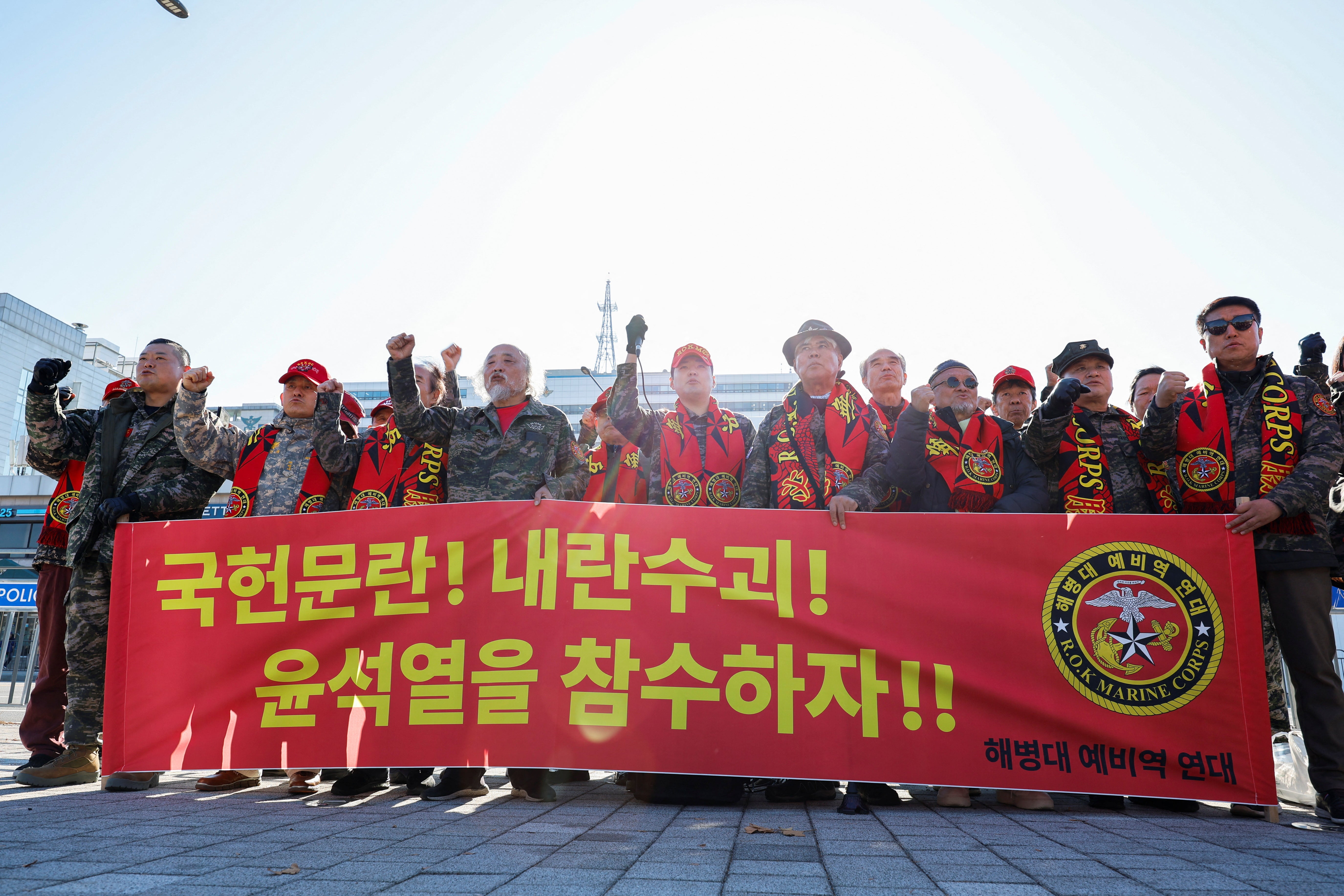
The main opposition Democratic Party, backed by smaller parties, filed an impeachment motion against Mr Yoon on Thursday, accusing him of violating constitutional limits by mobilising the military in a “self coup”. It said that Mr Yoon sought to suppress political opposition and block parliamentary function, actions deemed unconstitutional.
The motion must be passed by a two-thirds majority in the 300-seat National Assembly to go ahead.
The opposition parties hold 192 seats and need eight lawmakers from Mr Yoon’s People Power Party to clear the threshold. The ruling party pledged to oppose the motion but could suffer internal divisions on the matter.
Jo Seoung Lae, spokesperson for the Democratic Party, said they would push for a National Assembly vote on the impeachment motion on Saturday evening to allow conservative ruling party lawmakers enough time to contemplate their position on what he described as an “unconstitutional, illegal rebellion or coup”.
Han Dong-hun, a senior People Power Party member who criticised the martial law decision, warned of political instability if the impeachment went ahead. “We must prevent damage to citizens and supporters caused by unprepared political turmoil,” he said.
If impeached, Mr Yoon would be stripped of powers while the Constitutional Court scrutinises the parliament’s vote, with prime minister Han Duck Soo assuming presidential responsibilities in the interim.
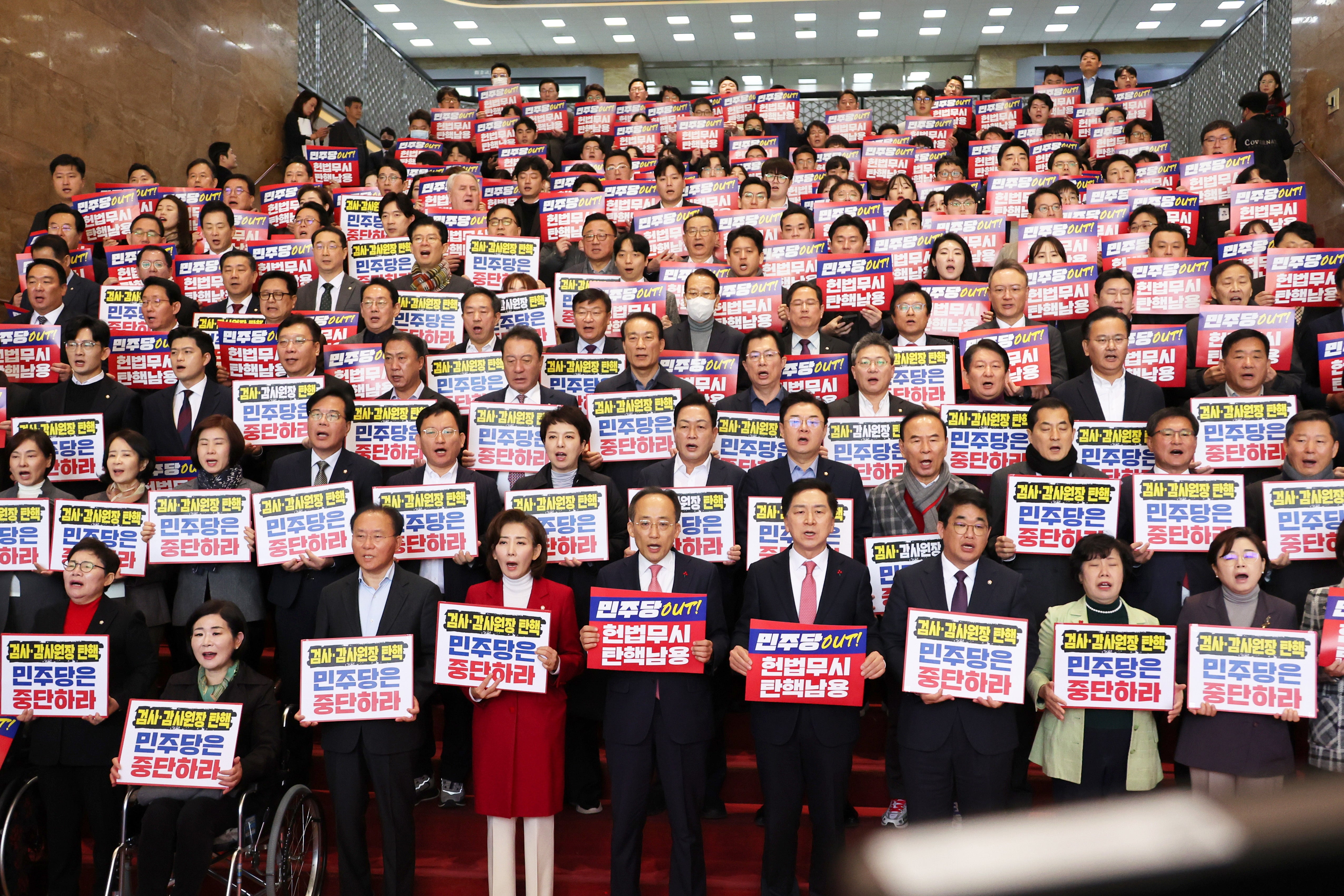
Mr Yoon’s martial law declaration evoked memories of South Korea’s authoritarian past, when military regimes instituted such measures to suppress dissent. South Korea, though, had not witnessed such scenes since its transition to democracy in the late 1980s.
After Mr Yoon’s declaration, troops in full battle gear tried to keep protesters away from the National Assembly as helicopters flew overhead and landed nearby.
In chaotic scenes, opposition lawmakers climbed walls to gain access to the parliamentary chamber as soldiers initially blocked entry.
It wasn’t clear how the 190 lawmakers were able to enter the hall to vote down the martial law decree. Opposition leader Lee Jae Myung and National Assembly speaker Woo Won Shik were seen climbing over walls.
The soldiers and police officers blocked some lawmakers from entering but didn’t aggressively restrain or use force against others.
Additional reporting by agencies.
